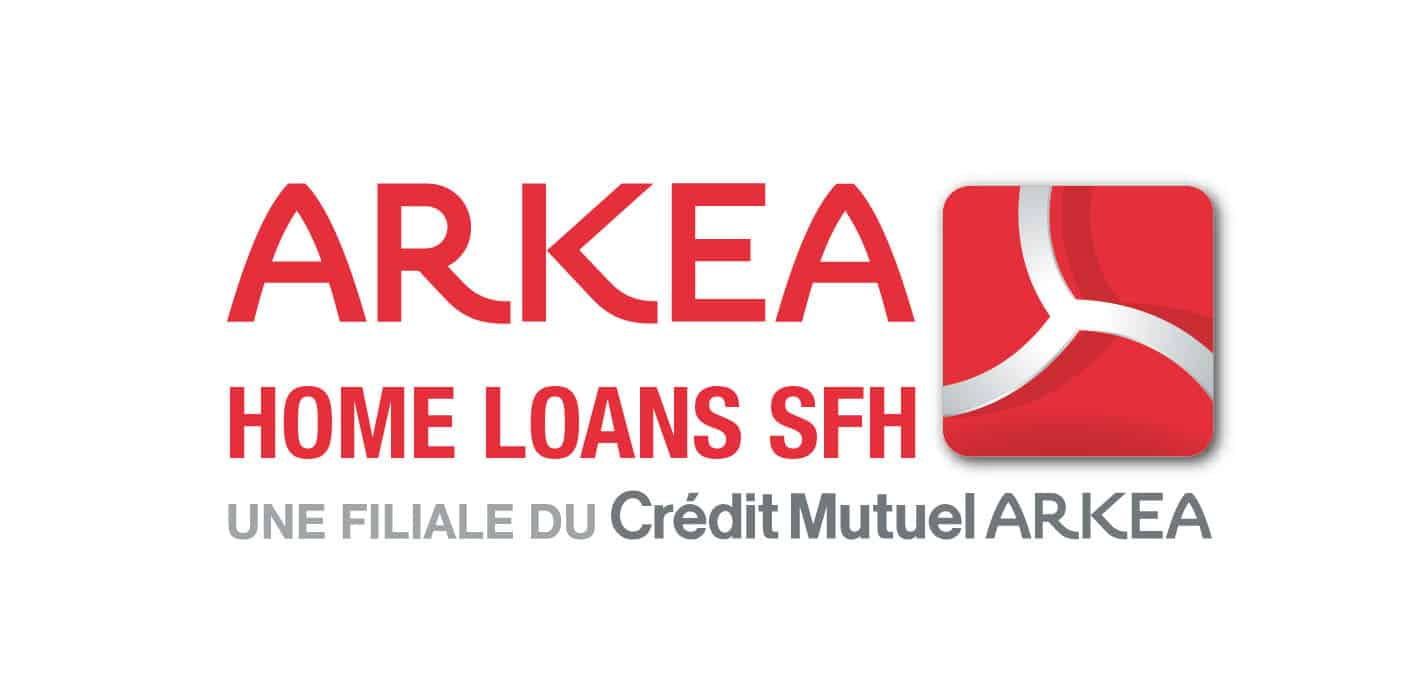IBM and Crédit Mutuel Arkéa have announced the completion of their first Blockchain project to improve the bank’s ability to verify customer identity.
The result of this successful pilot is an operational permissioned Blockchain network that provides a view of customer identity to enable compliance with Know Your Customer (KYC) requirements. This demonstrates the disruptive capabilities of Blockchain technology beyond common transaction-oriented use cases.
“Blockchain is a transformative agent in our operational application, as proven by this project — the first of its kind in France. This pilot offers a complete view of customers’ documents across our distributed network,” said Frédéric Laurent, COO Innovation & Operations, Crédit Mutuel Arkéa. “The project helped us to understand and master Blockchain for other client uses. Now, we are ready to incorporate this technology in our ecosystem.”
With 3.6 million customers and a comprehensive line of banking, financial and insurance services for individuals, businesses or institutional clients, Crédit Mutuel Arkéa expects to use the technology to help improve both customer and advisors experiences. Banks often have a variety of systems that separately manage customer identity for different services provided. As a result of this successful pilot, Crédit Mutuel Arkéa group and IBM are working to federate the different silos of customer data creating a single but cross-businesses KYC platform to inform all of the banks processes, helping to reduce unnecessary duplication of information and requests. The Blockchain technology identifies and uses all valid existing evidence already stored in the bank’s multiple systems of record such as from mortgage applications or life insurance enrollment and bank accounts opening. This simplifies administrative processes making them reliable for the bank, which in turn can help improve customer satisfaction.
“Crédit Mutuel Arkéa applied IBM Design Thinking and agile development methods to turn a simple idea into a strategic, decentralized platform for collaboration. The availability of IBM Blockchain services and DevOps tools on IBM innovation platform Bluemix was key to accelerate the time-to-value during the development phase,” said Juliette Macret, IBM Financial Services Sector Business Development Director, IBM France. “As the foundation of a robust system of trust, Blockchain technology can help businesses create frictionless business transactions that improve customer satisfaction and employee efficiency.”
Crédit Mutuel Arkéa relied on IBM expertise for this project, including:
- IBM Design Thinking methodologies and the IBM Studio in Paris to shape the strategic imperatives of the project, explore the initial ideas and co-design the use case from an end-user viewpoint.
- Bluemix, IBM’s cloud platform, to accelerate the development of the project using a complete set of as-a-services components, including Blockchain-as-a-Service and DevOps.
- IBM Global Business Services banking industry insight to guide the project and identify the business transformation opportunity.
Using the open-source Hyperledger Project fabric, the software reinforces consistency, traceability and privacy of the information, which is critical in a highly regulated environment. Ultimately, Crédit Mutuel Arkéa could enable its customers to deliver proof of their identity to third-parties such as local utilities, retailers or regulated service providers.
IBM is actively working with hundreds of clients to understand what it takes to make Blockchain ready for business. Through its open source contributions and resources for Blockchain software developers, IBM is advancing the science of Blockchain, helping to remove complexity, and making it more accessible and open. Financial services, supply chains, IoT, risk management, digital rights management and healthcare are some of the areas that are poised for major changes using Blockchain networks.







